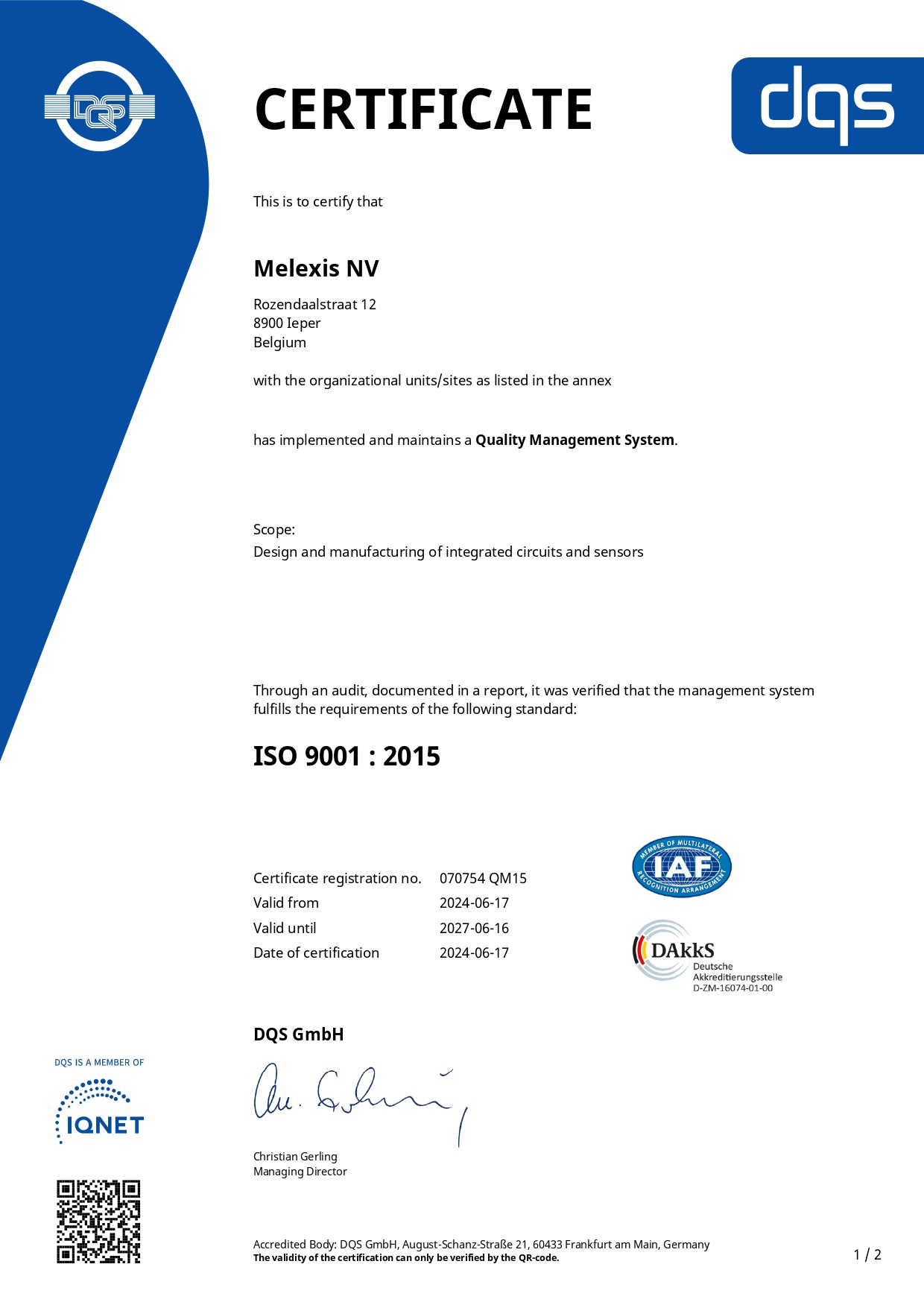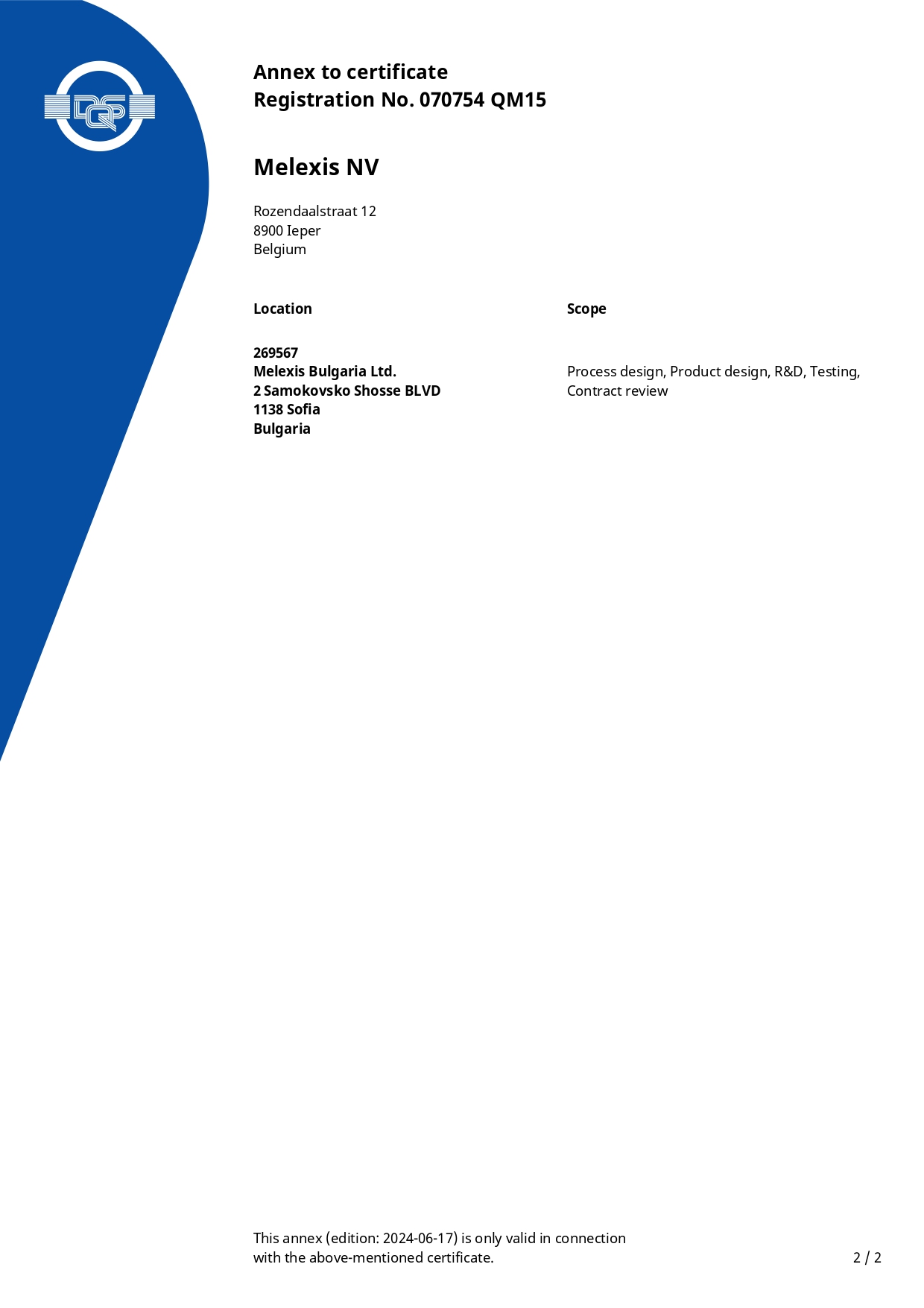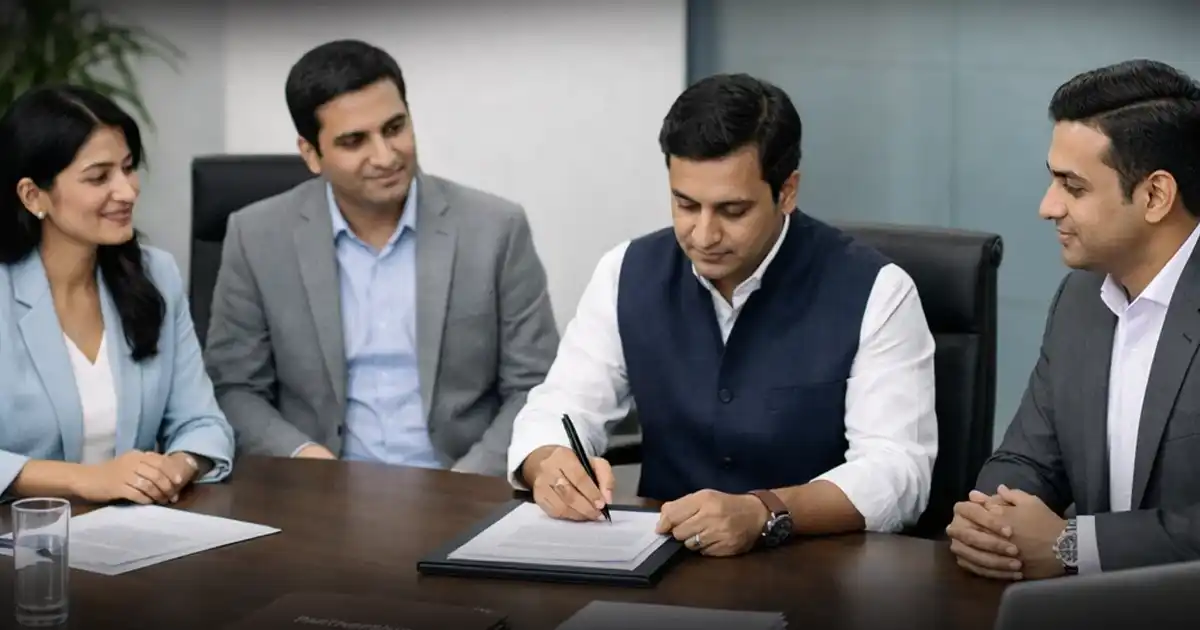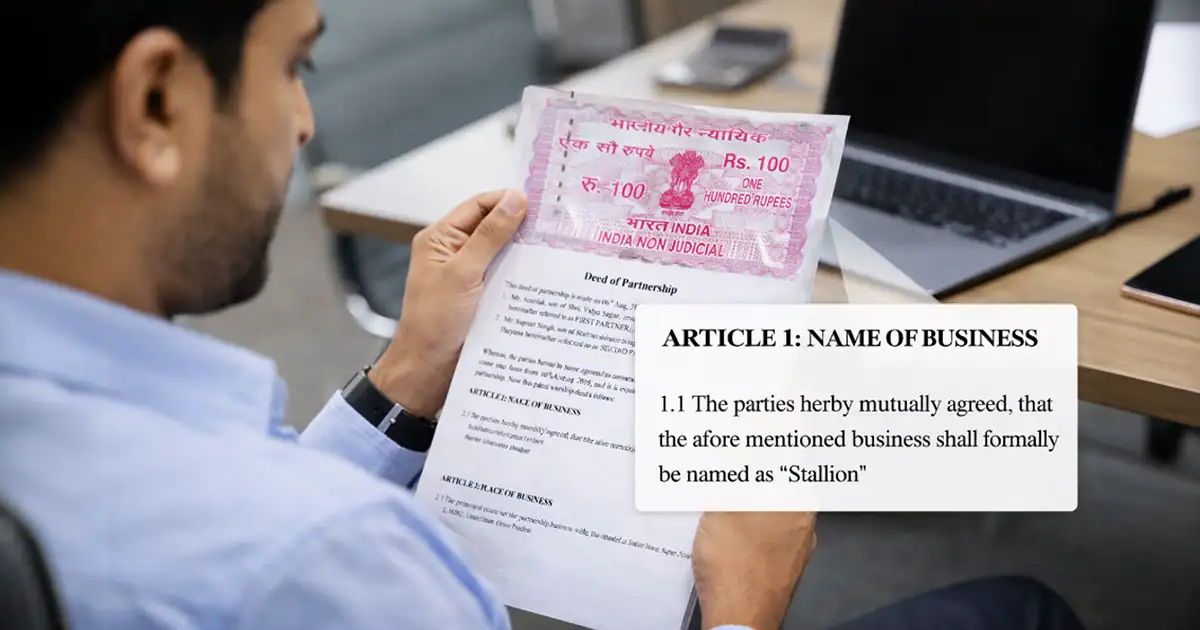ISO 9001 Certification is the world’s most recognized quality management standard, trusted by over 1.3 million organizations across 170 countries. It sets the benchmark for consistent quality, efficiency, and customer satisfaction by helping businesses streamline processes, reduce errors, and improve overall performance. This commitment to quality translates into tangible results, with certified companies often experiencing a 35% increase in customer satisfaction and stronger market credibility. ISO 9001:2015 is the latest version of the standard used globally, including in India.
Achieving ISO 9001 certification signals to clients and partners that your business is committed to delivering high-quality products or services every time. With more than 85% of Fortune 500 companies certified, it’s not just a certificate. ISO certification is a powerful tool that unlocks new opportunities and enables organizations to stay ahead in today’s quality-driven marketplace.












